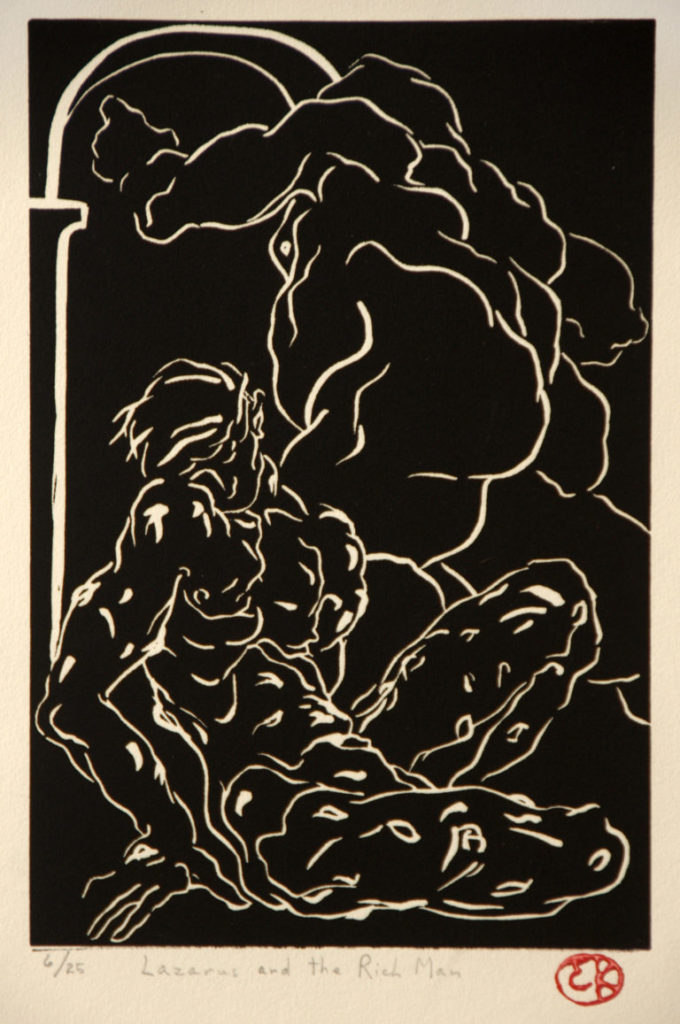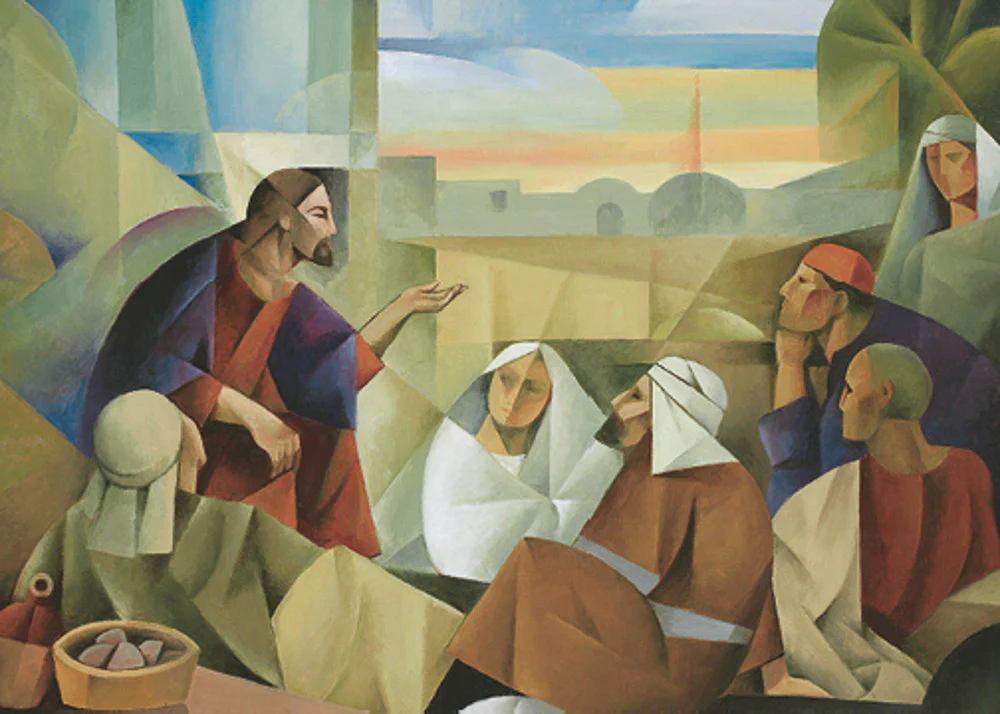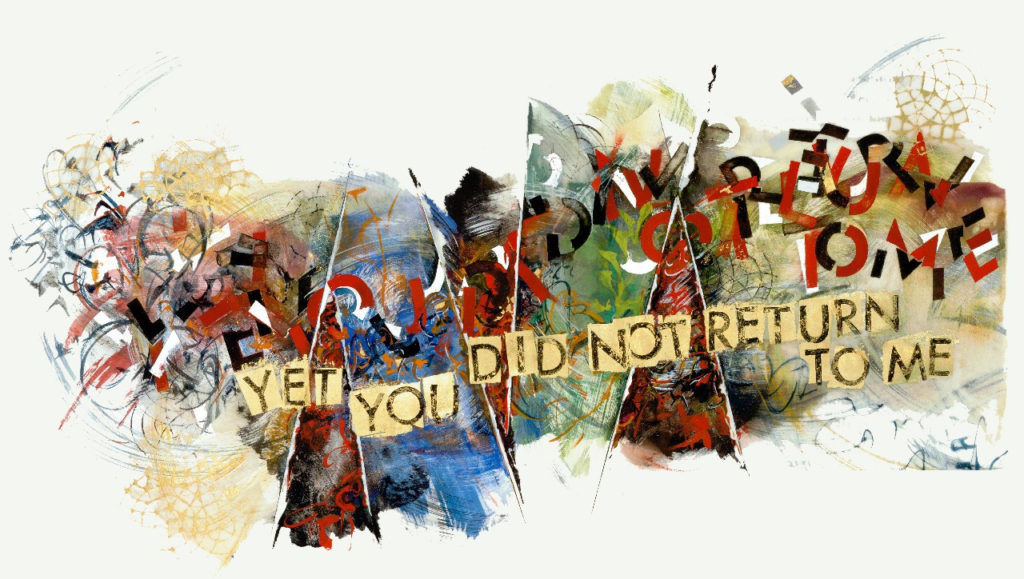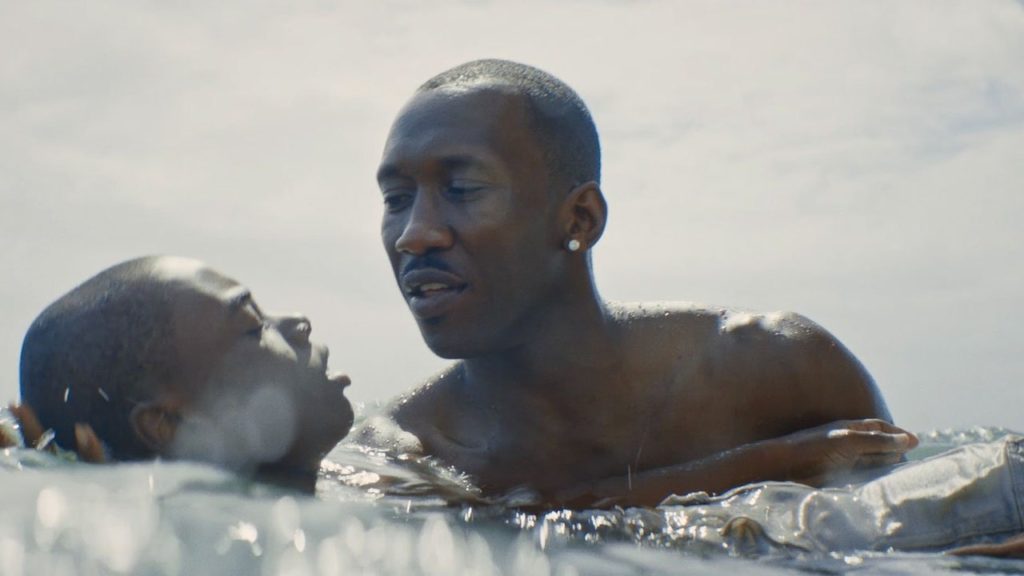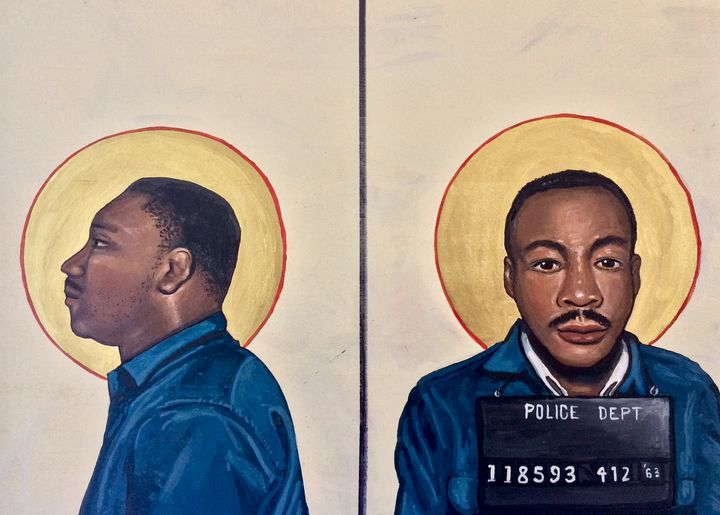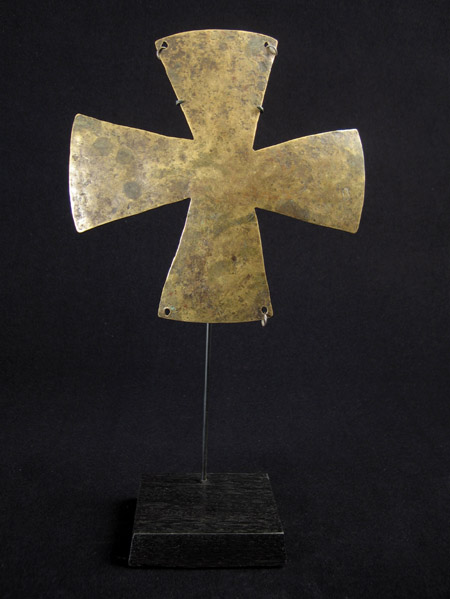God, the rock of our salvation,
whose gifts can never fail,
deepen the faith you have already bestowed
and let its power be seen in your servants.
[We ask this through …]
(from the 1998 Roman Sacramentary in English)
Readings for 27th Sunday in Ordinary Time-C (10/02/22)
Pray-As-You-Go (Ignatian) Audio Meditation
“The opposite of love is not hate, it’s indifference.
The opposite of art is not ugliness, it’s indifference.
The opposite of faith is not heresy, it’s indifference.
And the opposite of life is not death, it’s indifference.”
~Elie Wiesel
There were many interesting and substantial questions asked at “What’s In Styles?” on Monday. One of them went something like this: “Is there anything particular wisdom you want residents to gain while living in Carroll during your tenure as rector?” It’s an interesting question, but I balked at first.1 That being said, I did offer some things I think are important. They should sound familiar to most of you:
- Making sure this is a place where a diverse group of residents can be assured that they do, in fact, belong.
- Giving folks the opportunity to learn and develop their capacity for service. Service is the ground from which effective leadership springs.
- Nurture within residents a capacity to say “yes” to life-defining vocational questions.
As I reflect on what started as an impromptu list, let me now add another:
- Provide the context for young people to embrace a life of faith that can actually respond to contemporary life-challenges, drawing people into a nexus life-giving meaning.
That’s the serious challenge presented in this Sunday’s readings: Are you faithful or aren’t you?! Here is my version of Jesus’ words: “You don’t have to have a lot of faith; just enough to show up.” This is not an indictment of those amongst us who identify as agnostic or atheist or those who feel alienated because of any particular church teaching. Their presence only forces us all to be more reflective and thoughtful about the whys and hows of Christian living. Better yet, they are us. We are all, at least at times, agnostic, atheistic, or alienated.
What really squashes faith in our midst (and yes, I mean even in Carroll) is apathy or indifference. In other words, those who act as if nothing really matters (n.r.m.). And this, for those of us who are trying to figure out who we are and what we are all about, a n.r.m. attitude from our peers can have a powerfully demoralizing effect. Because faith is not a pleasant warm feeling; it’s an act of the will. N.r.m. is, in my opinion, the easy way out.
I don’t have to think about how I use my body, my mind, and my heart for some defining purpose. I can just do whatever comes to me, whenever it feels good to me. I don’t have to serve or sacrifice. Nothing really matters. YOLO!2
Choosing otherwise may be laudable, but cynicism blocks us from trusting that one can choose virtuousness without being ultimately motivated by money, fame, and power. Once again, we become trapped.
But the readings say otherwise: Habakkuk: Never stop telling God how you really feel. Psalm 95: never stop listening for God’s response. 2 Timothy: Do not be ashamed of faith in Christ; cowardice can only be combated by trust and courage. Luke: Have the faith to believe whatever purpose God is inviting you into is yours, come what may.
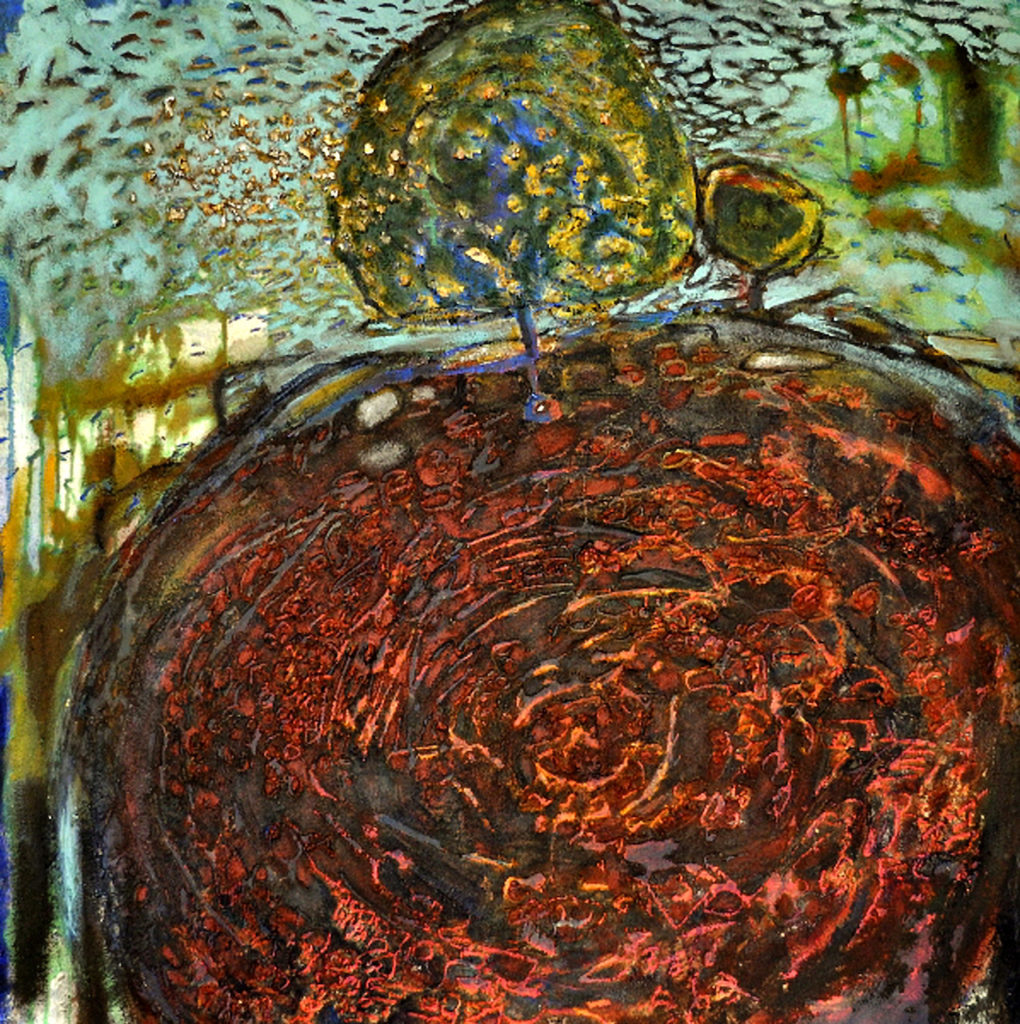
1I am uncomfortable implying that my time in Carroll is special or particularly unique. I tend to be very weary of anything that whiffs of personality cult, so branding my time as rector seems a bit egotistical. Don’t get me wrong, I have an ego, I am just weary of feeding it.
2Here is a taste of what n.r.m. produces: “Artist Shames Tourists Taking Inappropriate Selfies At The Holocaust Memorial Site In Berlin (NSFW)”
